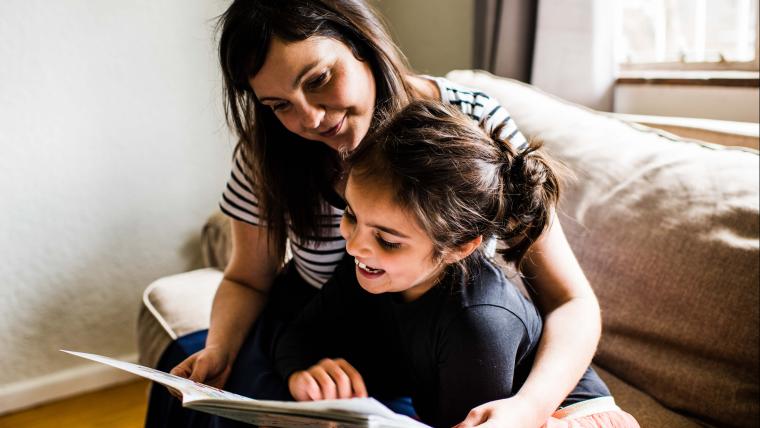
He’s upholding traditional Khoisan knowledge in a cup of rooibos tea
Wupperthal is a charming little town in South Africa situated far from civilisation. It takes a long dusty dirt road to get there, but the trip is worth it. This is one of the only places where rooibos is grown, as the plant is endemic to the Cederberg mountain range. It was first discovered by the Khoi and San people, the country’s oldest inhabitants, who used it as a herbal medicine and enjoyed the aromatic flavour. But when it was commercialised as tea, indigenous people received no recognition for their find. Edgar Valentyn, a fifth generation Khoisan farmer, is reinstating his ancestor’s rightful claim to rooibos by upholding traditional farming practices.
Valentyn learnt how to farm rooibos from his father, who learnt from his father. The ancient methods of harvesting involve cutting the leaves and stems of the plant with an axe and crushing it with a mallet. The bruised leaves are then fermented in heaps and left to dry in the sun, giving them their characteristic red-brown colour. “Rooibos tea is the lifeblood of this rural community,” Valentyn says. During apartheid, the government controlled the market, creating a warped industry which is still dominated by non-indigenous farmers today. The tea is filled with antioxidants and anti-inflammatory properties, leading to it being exported worldwide. The Wupperthal community felt their historical link to rooibos tea was not acknowledged, despite being the keepers of this traditional knowledge. After 300 years of cultivating it on their land, the descendants of Khoisan were earning little of the profits made from their ancestor's discovery.
“If we don’t work hard towards preserving Khoisan culture, it’ll be lost forever,” Valentyn says. He is the chairman of the Fair Wupperthal Rooibos Cooperative which was created to support farmers selling their tea individually. They banded together to generate more income as a collective, and today over 70 farmers form part of this union. The cooperative has since partnered with agriprocessing company Bestinvestin, and they manufacture their own brand of tea called Wupperthal Rooibos 1830. Farmers now have 100 more hectares of land to expand their harvests, and earn five percent of the profits from the sales of their branded tea. “My commitment is to my community, my people and rooibos tea,” Valentyn says. The healing properties of rooibos have extended throughout this region by alleviating poverty and creating more jobs. Through the Wupperthal Community Development Trust, the wider community also receives one percent of the revenue to boost the economic development of all 1 700 residents.
Rooibos farmers of Khoisan descent are holding on to the proud responsibility of protecting their knowledge. As Valentyn continues to preserve his family's traditions, he's ensuring South Africa's indigenous people are recognised for their contributions to the world.






























Please sign in to leave a comment